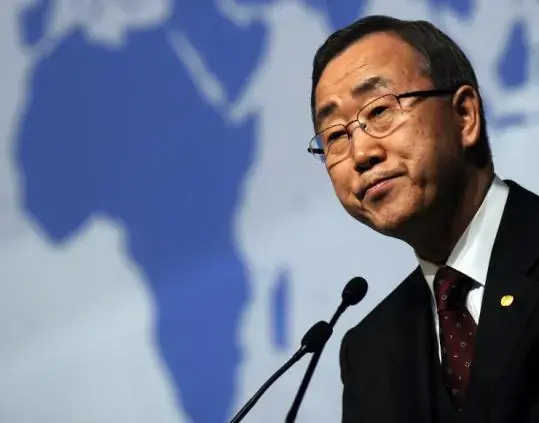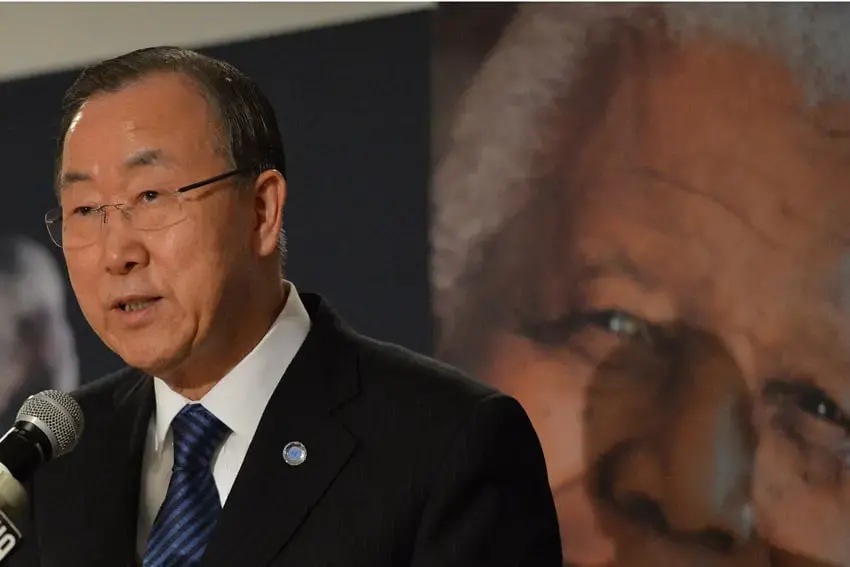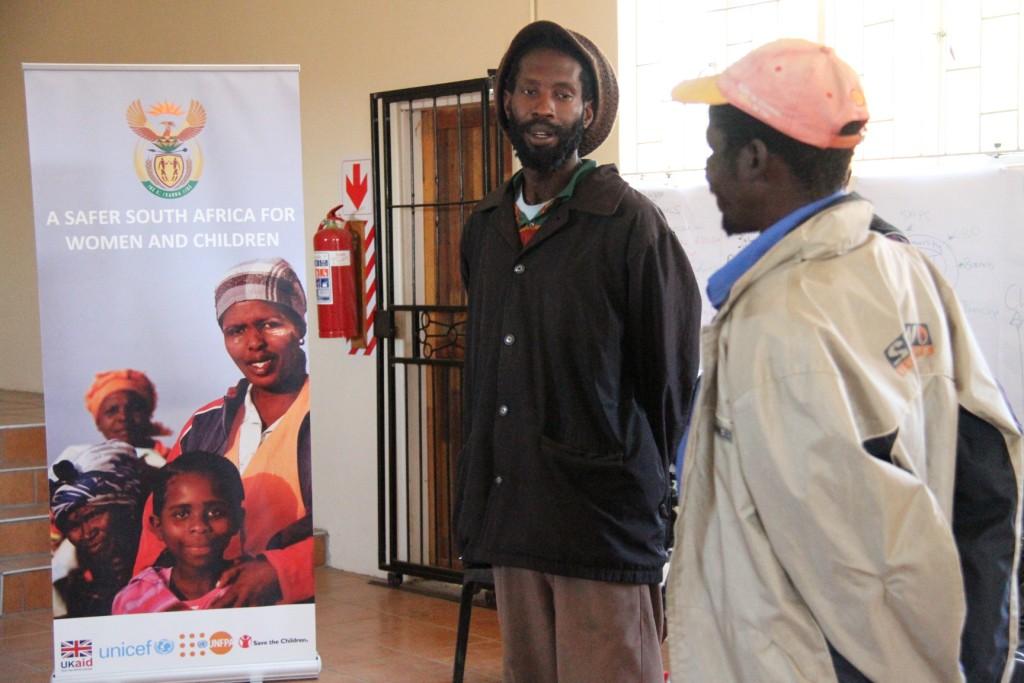
Dialakoro is a sub-prefecture of Mandiana located in Upper Guinea between Kankan and Siguiri. The sub-prefecture of Dialakoro has 64,564 inhabitants, 9 health posts, 14 districts, and over 300 hamlets. Before the arrival of UNFPA in the sub-prefecture, the health center would remain closed for days.
The delivery room had turned into a shop and you could see an old floormat in there, which from time to time was used to help with deliveries. Expectant women from Dialakoro would either give birth with the help of village midwives or would travel to give birth in Siguiri, 30 km from Dialakoro.
Siguiri is a mining town made up of immigrants and indigenous people who mainly mine for gold; as a result, the prefecture has many private medical practices and health centers which operate relatively well.
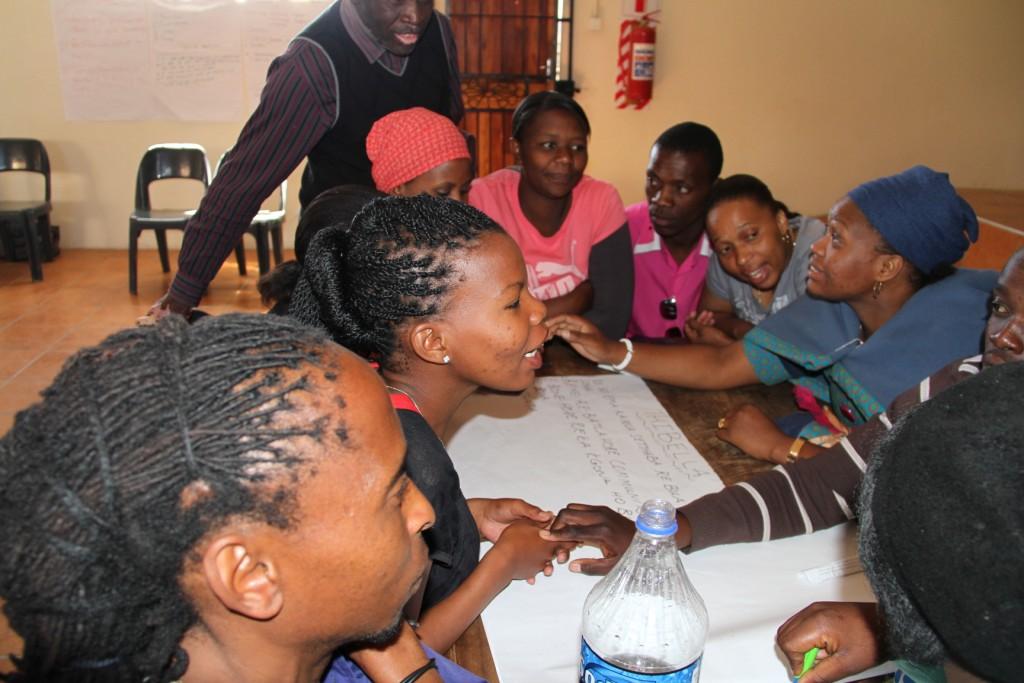
On market day, those who decide that they are going to give birth in Siguiri must first of all walk several kilometres from their homes to the landing, then board a canoe to cross the river.
They then have a 5 km walk through the desert under a sun that scorches their feet in the burning-hot sand. In that desert several women have died on the way to Siguiri while seeking emergency obstetric and neonatal care (EmONC). Those who make it across the desert alive then borrow a motorcycle or take some other kind of mobile transportation to get them to the desired health institution. “The arrival of UNFPA in Dialakoro in 2013 changed everything for the people of Dialakoro. The assistance of the health center in terms of equipment, medication, and materials means that the center can operate 24 hours a day. It’s often over- loaded. UNFPA has also provided us with enormous help in 2015 with the deploy- ment of two midwives at the center. They need to come back.
Only UNFPA helps us. If we are operating, it’s thanks to UNFPA, otherwise the center would have closed a long time ago, because we can’t offer anything to the local community without equipment and qualified staff. Thanks to the midwives sent by UNFPA, we were able to perform 2345 deliveries in 2015”, declared Mamady Conde, the director of the Dialakoro center.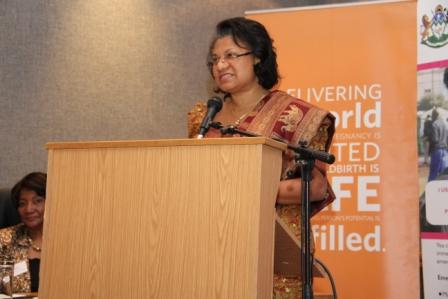
Since the start of the Ebola virus disease outbreak, UNFPA has worked closely with governments and in all three affected countries, to ensure community engagement, case-finding, contact tracing, and the restoration of essential lifesaving services, especially for pregnant women.
Implemented in close consultation with the Mano River Union Secretariat, this flagship Mano River Midwifery Response (MRMR) initiative aimed at establishing the basis for a strong and resilient health system that would continue to provide essential maternal and reproductive health services during and after the Ebola Virus Outbreak.
Mariama Siré Kaba


